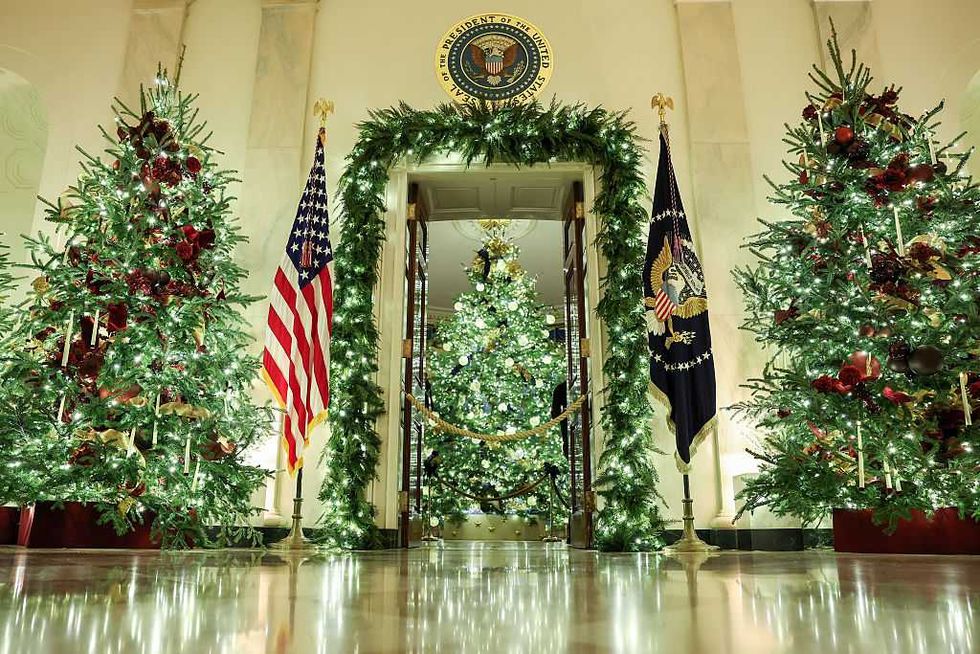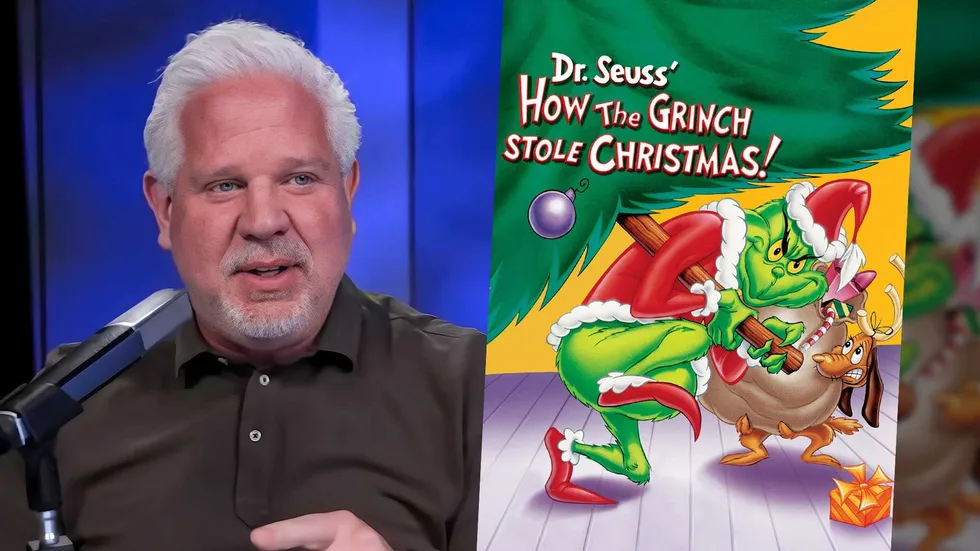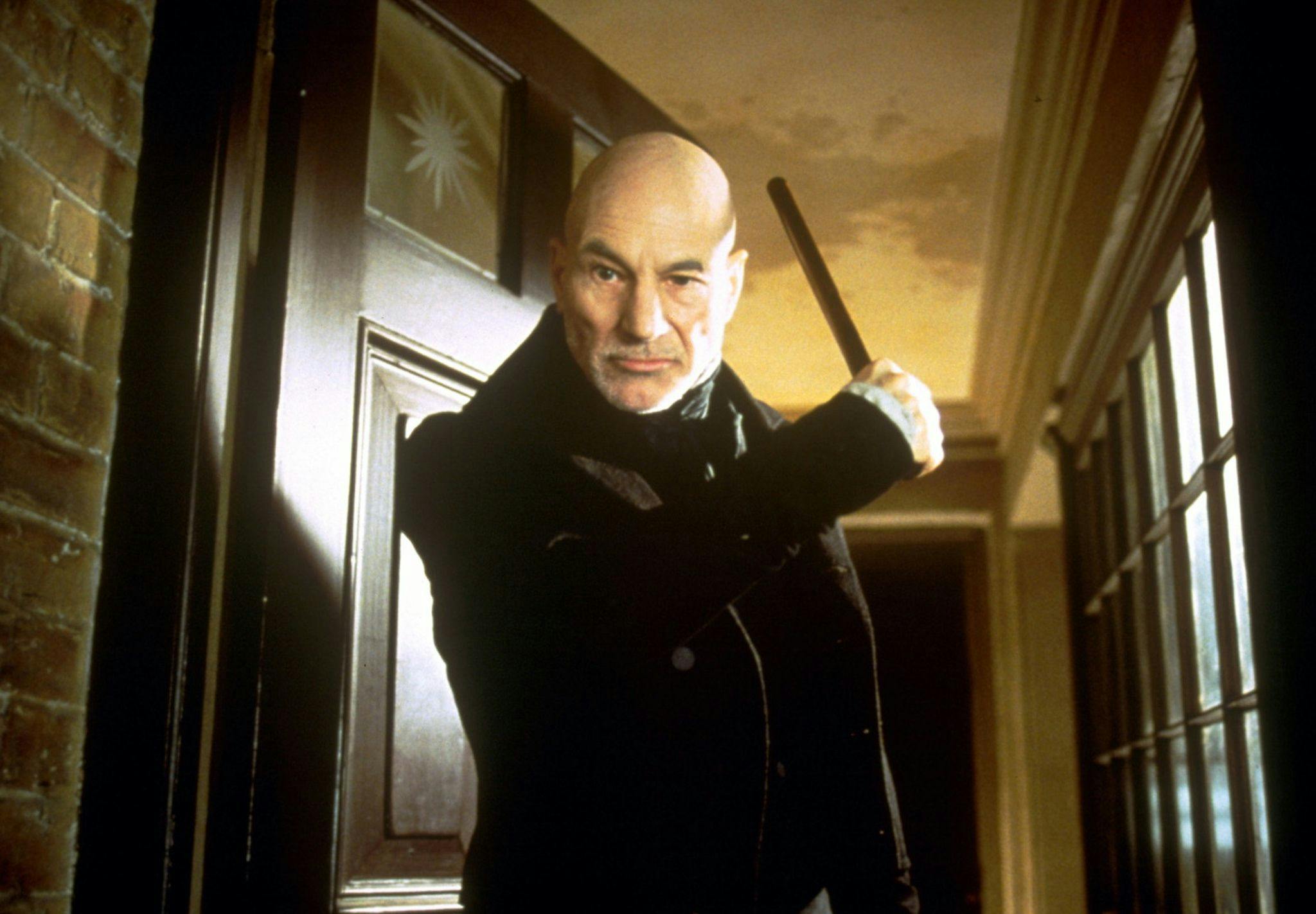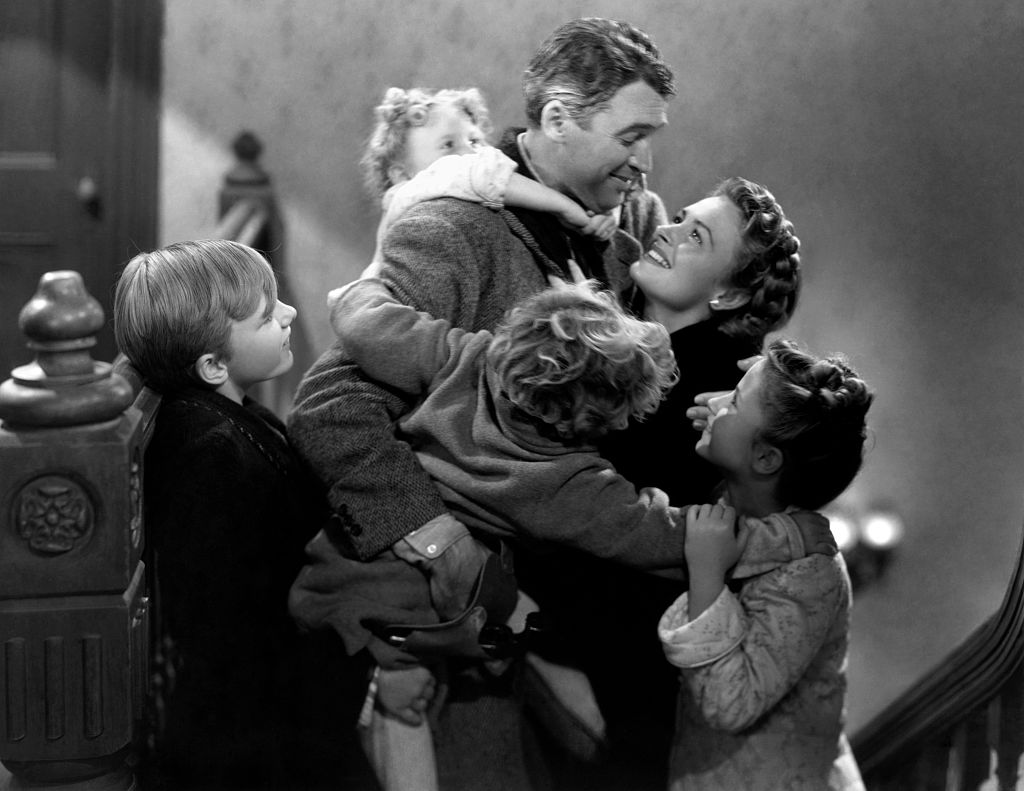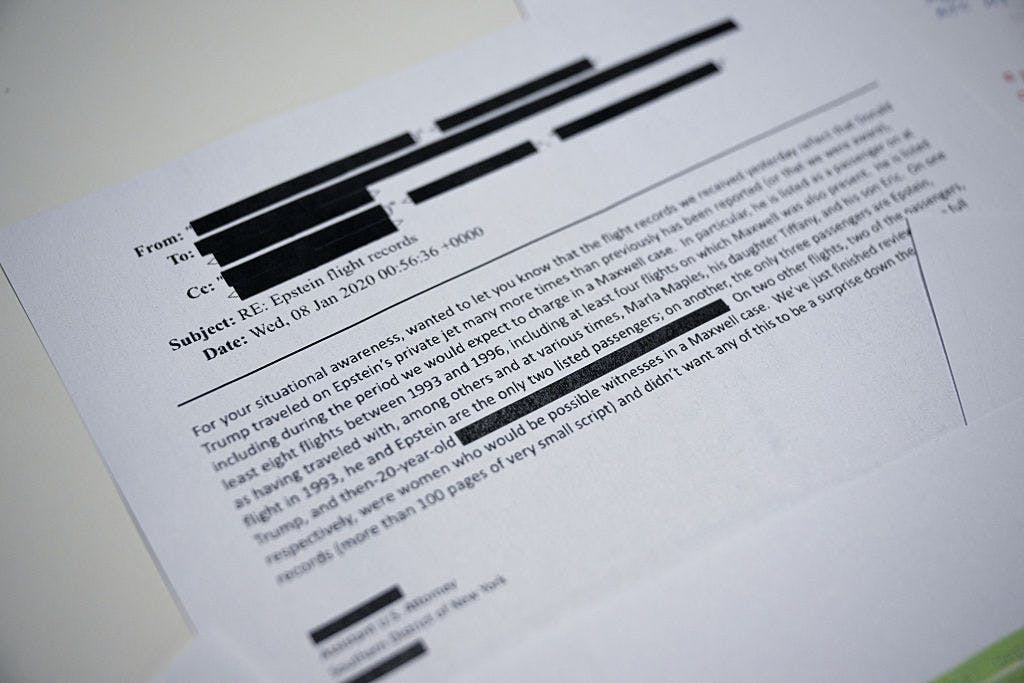UDC Claims to Champion Diversity—Then It Shut Down Our Black Panelists
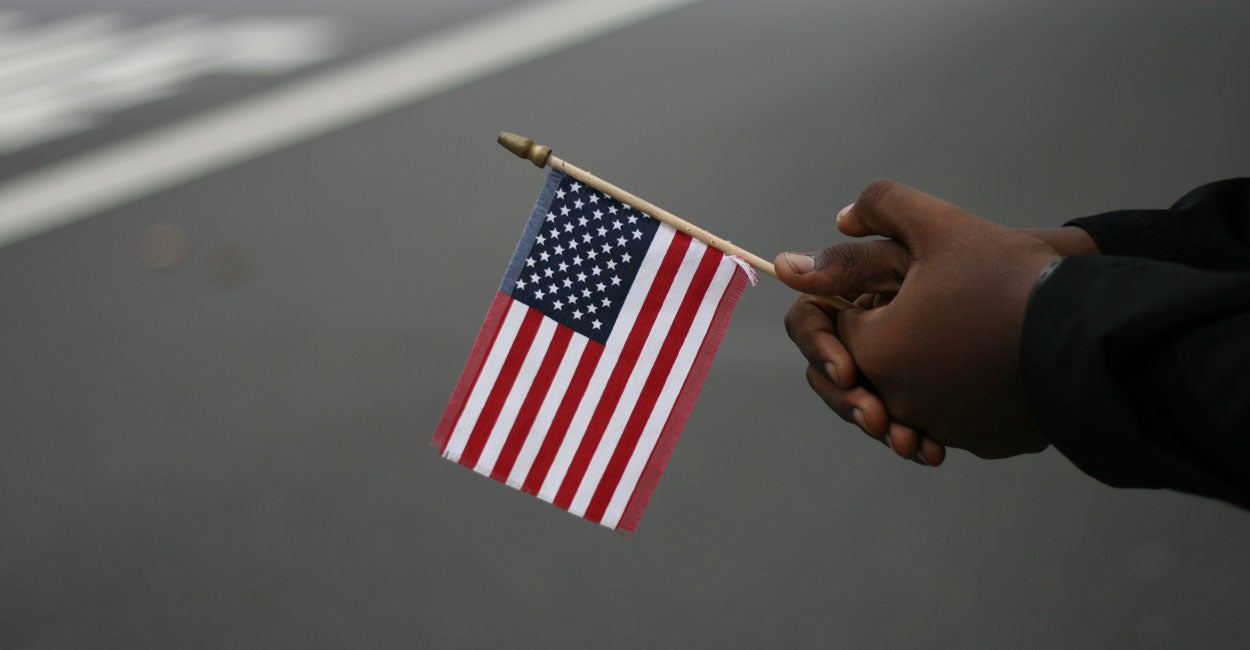
Just days after the Fourth of July—a holiday meant to honor freedom—we find ourselves defending it. The Our America Foundation and Fair For All have filed a federal civil rights complaint against the University of the District of Columbia, a public historically black college, for denying our request to host a campus debate.
Live Your Best Retirement
Fun • Funds • Fitness • Freedom
The topic? “Is the American Dream Alive for Black Americans?” A respectful, moderated discussion that would have featured panelists like Monica Harris, executive director of FAIR, and other black panelists.
UDC refused—not due to scheduling conflicts or security concerns, but because the university disapproved of the perspectives involved, citing race and national origin to justify its denial.
Per an email from a university official: “At UDC, we do not entertain these realities as debatable.” The “realities” she referred to were the challenges faced by marginalized groups. The implication was clear: Unless our panelists “unequivocally acknowledged” those challenges in a specific way, their voices weren’t welcome. It was UDC’s own correspondence that cited the event’s perspective on race and identity as factors in its decision.
UDC may claim to champion diversity, but by shutting down our debate it’s sending a different message that only certain perspectives on race are valid.
This isn’t just about one event. It’s about a broader shift happening across the country.
Across America, we’re seeing a troubling pattern of institutions using race to enforce ideological conformity and turning diversity into a tool for exclusion. Diversity—once a promise of inclusion—is increasingly being used as a filter to exclude dissenting voices, especially those that challenge prevailing ideologies. At Our America and FAIR, this pattern has become all too familiar.
In 2023, Our America raised concerns when the University of North Carolina at Chapel Hill offered a federally funded nutrition fellowship open only to “Black, Indigenous, and people of color.” Following a civil rights complaint, UNC quietly removed that language. Last month, FAIR filed a federal civil rights complaint against Maestra Music and the New York State Council on the Arts for restricting a paid music apprenticeship to women, nonbinary individuals, and “people of color.” This program was funded by taxpayers, yet limited access to applicants based on identity.
Whether it’s UNC, Maestra, or now UDC, the pattern is the same: publicly funded institutions picking and choosing who is allowed to participate based on race, sex, or ideology. That’s not equality. It’s exclusion wrapped in the language of inclusion.
But the deeper problem isn’t just legal. It’s cultural.
Too often, identity is used not to invite others into conversation, but to wall off dissent. We’re told that to be inclusive, we must silence dissenting views. And dissenting voices of color who offer alternative viewpoints are often treated as especially dangerous, dismissed not just for their “wrong think” but for breaking ranks and undermining a preferred narrative.
UDC’s rejection wasn’t just a denial of free speech—it specifically invoked race and national origin as grounds for censorship. The university’s event policy appears to favor only those who align with a specific and narrow ideological framework on race and systemic issues rather than encouraging the exchange of ideas that higher education should champion.
Diversity without dialogue becomes division. The American dream is a powerful, unifying idea, but only if we allow space for disagreement about what it means today. Suppressing that conversation—especially at a public university—undermines both free thought and civic unity.
Publicly funded institutions such as UDC, Maestra, and UNC are not private clubs. They serve all Americans, and their public funding carries a responsibility to practice equal treatment, regardless of race or viewpoint.
This isn’t just about a single canceled event or discriminatory program. It’s about whether we still believe that every American deserves a seat at the table.
Gatekeeping ideas based on race, identity, or ideology doesn’t bring us together. A fairer, more united America demands that we treat every voice as equal under the law and worthy of being heard.
That’s not just a legal obligation. It’s a moral one.
As Justice Thurgood Marshall once said, “The legal system can force open doors and sometimes even knock down walls. But it cannot build bridges. That job belongs to you and me.”
It’s time to start building.
We publish a variety of perspectives. Nothing written here is to be construed as representing the views of The Daily Signal.
The post UDC Claims to Champion Diversity—Then It Shut Down Our Black Panelists appeared first on The Daily Signal.
Originally Published at Daily Wire, Daily Signal, or The Blaze
What's Your Reaction?
 Like
0
Like
0
 Dislike
0
Dislike
0
 Love
0
Love
0
 Funny
0
Funny
0
 Angry
0
Angry
0
 Sad
0
Sad
0
 Wow
0
Wow
0




















































